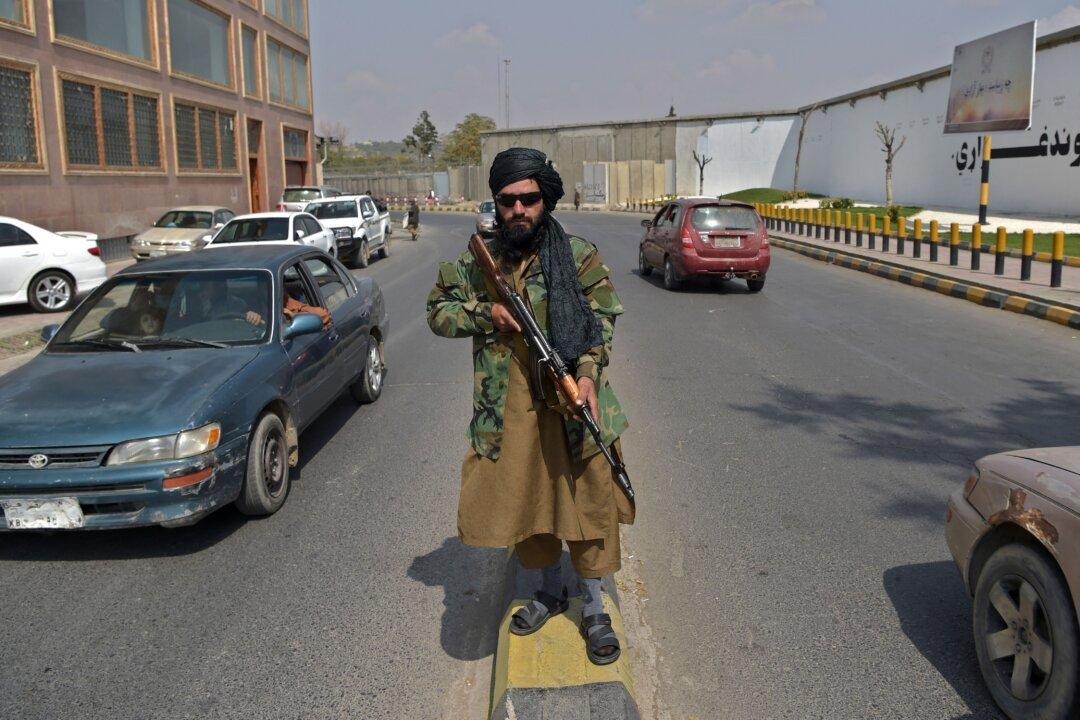The United Nations warned Monday that Afghanistan’s banking system is on the verge of collapse because of consumers unable to repay loans, fewer deposits, and other liquidity problems, leading to a social crisis in an already fragile economy.
“Afghanistan’s financial and bank payment systems are in disarray,” the United Nations Development Programme (UNDP) said in the three-page report. A bank run on deposits “must be resolved quickly to improve Afghanistan’s limited production capacity and prevent the banking system from collapsing.”





